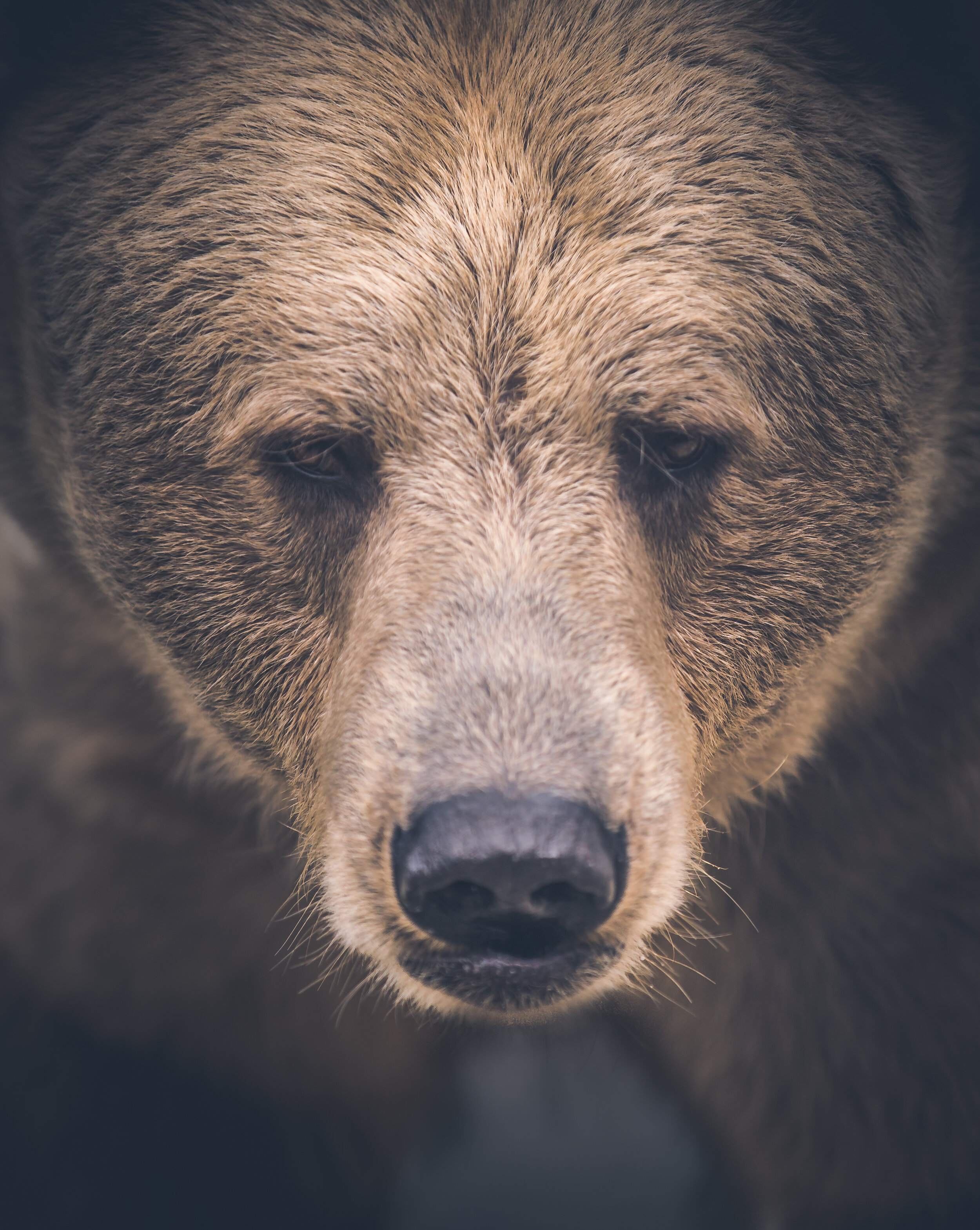
The Story of a Name.
When you’re walking through the woods in bear territory, calling out “hey bear” is a way to alert bears that you’re around. This reduces the chance of an encounter, because bears aren’t usually sitting around waiting to chat up humans.
Once upon a time, two dear loved ones and I didn’t call out “hey bear.” We found ourselves about 15 feet from a grizzly and we all locked eyes with her. SHE WAS GORGEOUS. And puzzled, by these idiots who were clearly making eye contact with her, which is the exact opposite of what a human is supposed to do in such a moment.
Happily, this grizzly decided that my friends and I were not worth the trouble and went on her way. But not without my very much feeling my own stress response. It involved refusing to move from the spot, clutching my two loved ones, a very very dry mouth, and (according to others) becoming as pale as a ghost. I also babbled a lot afterwards, when in relative safety.
In all my studies, whether it’s management or leadership or yoga or positive psychology or wellness, one of the things that arises again and again is the stress response (fight/flight/freeze/fawn). Understanding it, regulating it, knowing your own proclivities when subjected to it.
Our nervous systems were set up to encounter the occasional bear (like my loved ones and I did.), but not bear after bear after bear after bear.
Those of us who have experienced trauma or burnout may be deeply familiar with the feeling of just not being able to take on “one more thing.” Meanwhile, the situations we find ourselves in scream “more, more, more, more, by yesterday.”
Our current culture very much pushes us towards an almost constant physiological stress response -- including but not limited to the demands and judgments around our jobs, families, volunteerism, activism, and bodies, including the impact of structural forces like patriarchy, white supremacy, and homophobia that undermine our own health, safety and well-being.
Our nervous systems are (completely reasonably) reading our environments as BEAR-BEAR-BEAR-BEAR-BEAR.
This does have cumulative crap effects for our overall well-being and health...and whether we act like a jerk.
Let’s go back to being in person with an actual bear, though. By taking the simple step of being truly present and gently announcing yourself (“hey bear”), you reduce the likelihood of encountering a bear and having that (necessary) massive stress response (flight/flight/freeze/fawn).
This metaphor works pretty well in other areas of life as well. Be present, be kind, be self-aware. Figure out what your strengths are, what your goals are, what works. Be clear about your values, your heart, your time, your worth, your boundaries. And because the world is the world, you’re still going to run into bears sometimes, so it’s worth thinking about what you want those moments to look like for you.
